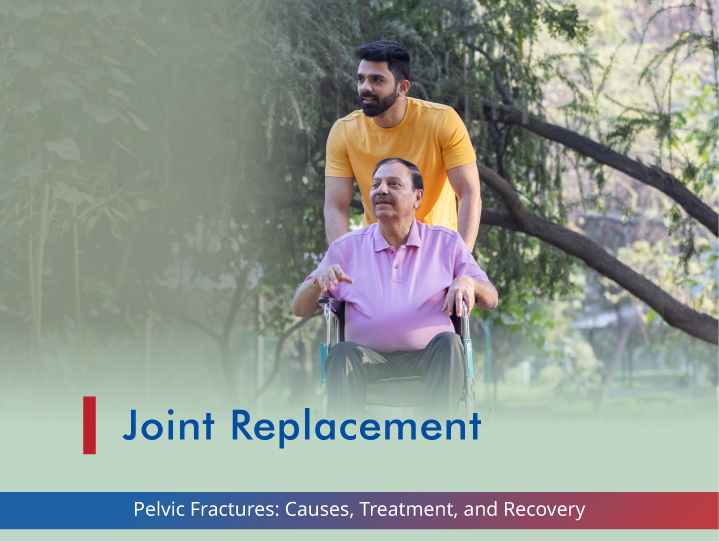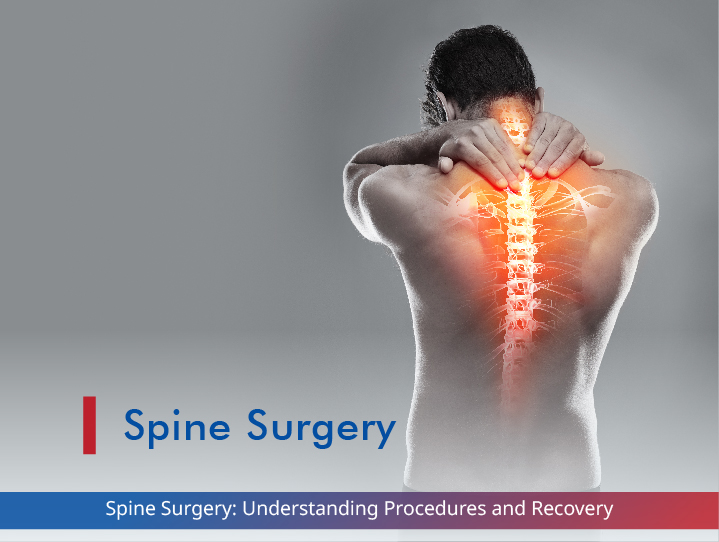“My periods had been due 10 days ago. I didn’t want to get anybody’s hopes up so, I got myself a pregnancy test kit on the way to work. I danced for joy when I tested positive. I couldn’t wait to see the reaction on my husband’s face when I broke the news. He was ecstatic! We took turns calling up our parents to inform them of the good news. It was a beautiful evening. I had already started wondering what we could name the baby. I made a mental note to check out the latest baby names in the morning before I fell asleep that night.
I woke up in the middle of the night to severe cramps and a wet stickiness between my thighs. We rushed to the hospital to find out that we had lost the baby. I was crushed. I did not know what I had done wrong.”
Anu’s story is not an uncommon one. Having a miscarriage is often confusing, emotionally devastating, and frightening. You are worried about your baby, your fertility, and perhaps your own health. That makes for a lot of stress.
Dr. Geeth Monnappa, senior consultant obstetrician and gynaecologist at Sparsh hospital, Infantry Road, talks about the different causes of recurrent abortions and ways to manage them.
The rate of spontaneous miscarriages in India is reported to be as high as 30%. Miscarriages in the first trimester is very common and often occur even before pregnancy is detected. A single miscarriage is no reason to get worried. Over 80% of the time the next pregnancy can be carried to full term without any complications. When two or more miscarriages happen, testing should be done to try to find a cause and treat it.
A miscarriage is usually nature’s way of removing a fetus which is not viable. There are various reasons which contribute to this. Over 50% of the miscarriages occur due to chromosomal abnormalities. Most often, chromosome problems result from errors that occur by chance as the embryo divides and grows — and are not inherited from the parents. However, in a few, genetic abnormalities can be transmitted by the parents to the baby. Which is why we often recommend a karyotyping of the couple if they have experienced 2 or more abortions in the first three months.
Another common cause of miscarriage is a faulty immune system, where your hyper alert immune system attacks the foetus as a foreign object and therefore causes a spontaneous abortion.
Sometimes, a mother’s health condition like her age, uncontrolled diabetes, infections, hormonal problems like Polycystic ovarian syndrome, uterine abnormalities or fibroids, cervical incompetence or thyroid malfunction can cause repeated miscarriages.
If a miscarriage occurs, please visit your gynaecologist as soon as possible to ensure that no pregnancy tissue is left in the uterus and to check if there is any discernible cause for the miscarriage. An examination and an ultrasound may be done after the miscarriage to confirm that all the foetal tissue has passed. If there is tissue remaining, your doctor may suggest a surgical procedure to remove it.
If your blood type is Rh negative, you may get a shot of Rh immunoglobulin (RhIg) after a pregnancy loss. This can prevent problems with the Rh factor in a future pregnancy.
Although there is no medical reason that you cannot try conceiving again immediately, most doctors would advise waiting for at least 3 months or till you are physically and emotionally healed after a miscarriage.
If you have had 2 or more abortions, you maybe called in after 6 weeks of the abortion to check for a faulty immune system (autoimmune syndromes) through various blood tests. A hysterosalphingogram, a test where a dye is inserted into your uterus, maybe advised if you’ve had recurrent abortions after the 3rd month of pregnancy in order to determine if the cervix (mouth of the uterus) is competent or strong enough to hold the pregnancy in the future.
If your miscarriage had an underlying medical condition such as uncontrolled diabetes, thyroid problems or polycystic ovarian syndrome (PCOS), it is advisable to get the condition treated before attempting to conceive again.
It is strongly advised to meet a gynaecologist after an abortion to evaluate the cause and address it so that the outcomes of a future pregnancies are good.







